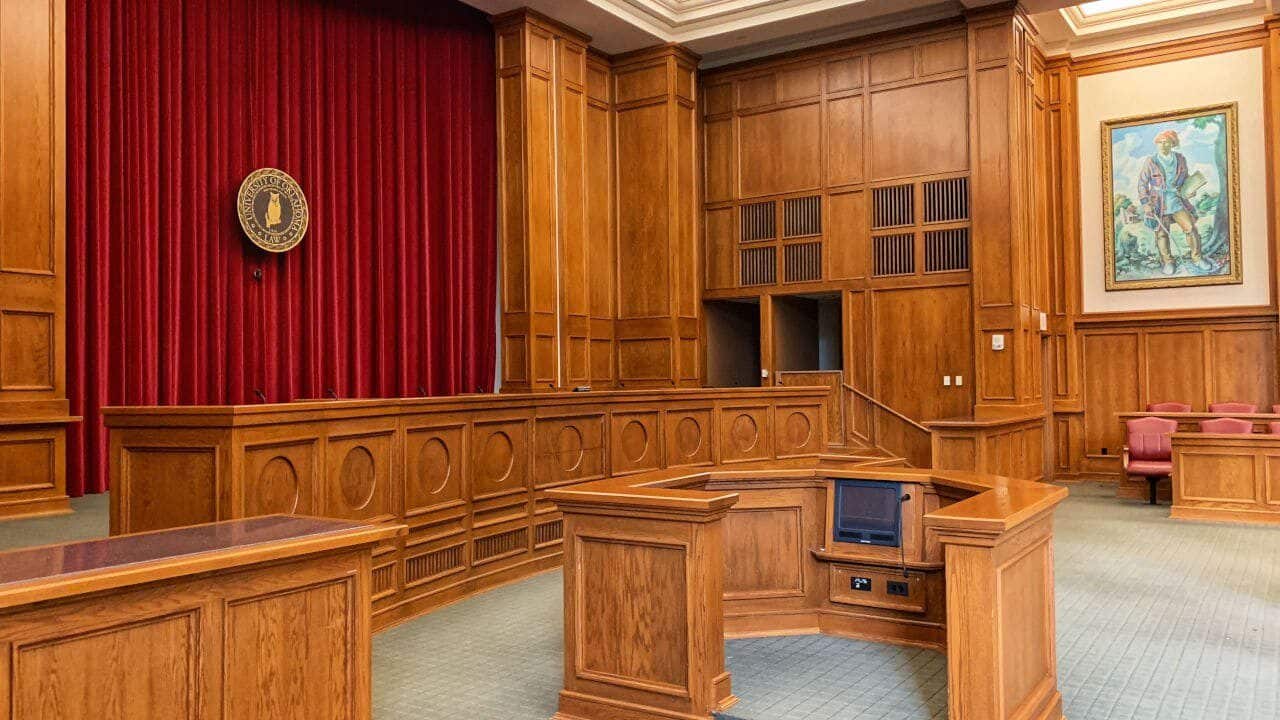According to an article published by the Offices of the United States Attorney, “the trial is a structured process where the facts of a case are presented to a jury, and they decide if the defendant is guilty or not guilty of the charge offered. During the trial, the prosecutor uses witnesses and evidence to prove to the jury that the defendant committed the crime(s).” One of the prosecutor’s and defense attorney’s responsibilities during a trial is to choose jurors for the case without discrimination.
Jurors are chosen to hear the facts of the case and decide whether the defendant committed the offense or not. Serving on a jury is not a regular occurrence to every Tom, Dick, and Harry, but it is a rewarding and sometimes challenging experience to those who participate in it. Hours can be spent by the jury listening to both plaintiff and defendant before deliberations. Following the conclusion of the closing arguments, the judge charges the jury and tells them of the applicable legislation and what they must do in order to make a decision.
The trill and challenge of the Jury Duty
Arriving at a decision by the jury can be a long and tiring process as the jury evaluates, look through, and parleys the evidence during deliberations. The case of Gueldner v. Heyd in 1966 is an example of how tiring and challenging jury duties can be. From 3:00 p.m. until 11:00 p.m., the jurors were present at Louisiana Supreme Court as the plaintiff presented evidence in a three-defendant criminal trial. Instead of going home, the jury stayed in the courthouse until 3 a.m. to listen to defense lawyers deliver their case. In a habeas petition, the defendants argued that the jurors couldn’t have paid attention so long into the night but the judge claimed the jurors were fully conscious all through the trial.
The case of State v. Walls is also another example of long hours spent by the jurors. The trial for this case began on Monday, May 5, 2014, and lasted through Thursday afternoon, May 8, 2014. Susan Walls, the defendant, had a medical emergency and was transported to the hospital with stroke-like symptoms after the conclusion of her trial from the Supreme Court of Tennessee. Instead of ending the day’s proceedings, the jury, judge, attorneys, and courtroom personnel waited two and a half hours for the defendant to arrive from the hospital before commencing deliberations. At 1:05 a.m., the jury returned a guilty judgment.
According to Howe (2020) in her publication “The Right to a Well-Rested Jury”, it was stated that “across the United States, trials are being held into the night, and jurors are deliberating long after the normal business day ends. These long days and nights have implications for every actor in the criminal justice system.” Understanding these pressures is critical because they may impair the jury’s capacity to manage evidence and make judgments.






